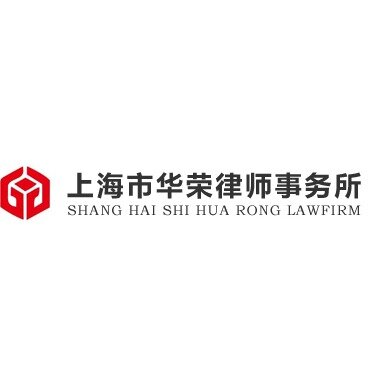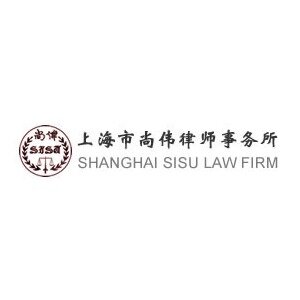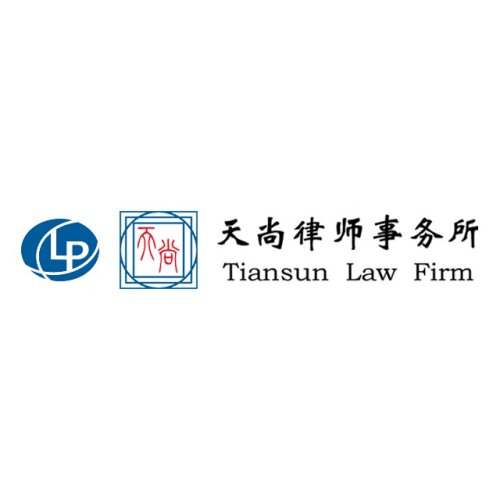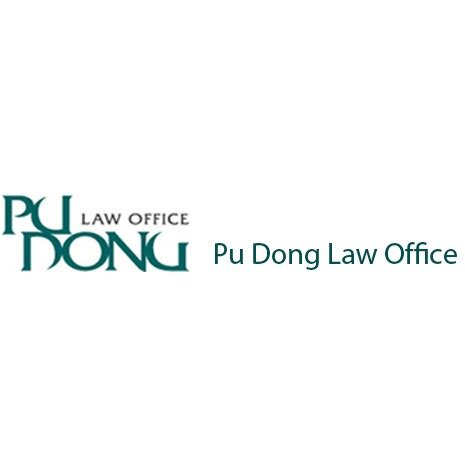Best Labor Law Lawyers in Shanghai
Share your needs with us, get contacted by law firms.
Free. Takes 2 min.
List of the best lawyers in Shanghai, China
About Labor Law in Shanghai, China:
Labor Law in Shanghai, China, is primarily governed by the national Labor Law and the Labor Contract Law. However, local regulations and policies in Shanghai also play a vital role. The laws cover various aspects of employment such as contract agreements, remuneration, working hours, rest and leave, health and safety, and dispute resolution. Chinese labor laws are generally considered employee-protective, with strict rules around termination, overtime, and social insurance.
Why You May Need a Lawyer:
Legal complexities can make understanding Labor Law difficult for people without an extensive legal background. Typical scenarios where you may need a lawyer include drafting and reviewing labor contract agreements, handling wrongful termination or discrimination claims, negotiating with unions or staff representatives, ensuring regulatory compliance, and dealing with disputes related to overtime or insurances. A specialist lawyer can help interpret laws, guide you through the legal procedure, and protect your rights and interests.
Local Laws Overview:
In Shanghai, there are numerous local labor regulations enhancing or clarifying the national laws. These include rules concerning non-competition agreements, annual leave and pay, maternity leave, overtime compensation, and minimum wages. Calculations concerning severance pay are also subject to local rules. Locally, employers are also obliged to contribute to social insurance and housing provident fund for employees. Understanding these localized regulations is crucial in ensuring employment law compliance.
Frequently Asked Questions:
1. What is the standard working hours policy?
The standard workweek in China is not more than 44 hours, and a single work shift should not exceed 8 hours. Overtime is permissible under certain conditions but is usually limited.
2. Can an employer dismiss an employee without providing any reason?
Generally, Chinese labor law does not allow at-will employment termination. The employer must have just cause and follow a strict legal procedure for dismissal.
3. What protections do pregnant or nursing women have?
Pregnant or nursing women in Shanghai are protected by several labor law provisions. Notably, they cannot be dismissed during pregnancy, maternity leave, or nursing period unless proven to be incompetent.
4. How is overtime pay calculated?
Overtime pay depends on when the overtime work is performed. On regular days, it's 150% of the salary; on rest days, it's 200% and on holidays, 300%.
5. Can an employer reduce an employee’s wage?
As per China’s Labor Contract Law, an employer is prohibited from unilaterally reducing employee wages.
Additional Resources:
Shanghai Municipal Human Resources and Social Security Bureau provides various resources and assistance regarding labor services. AllChinaLaw.com is an online platform providing legal articles and services. Online directories like Lawyers.com can also assist in locating a nearby Labor Law attorney.
Next Steps:
If you believe you need legal help, you should immediately contact an experienced Labor Law attorney. Prepare all relevant documents and understand your legal rights and obligations. Ensure your lawyer is well-experienced and knowledgeable in Shanghai's local Labor Law.
Lawzana helps you find the best lawyers and law firms in Shanghai through a curated and pre-screened list of qualified legal professionals. Our platform offers rankings and detailed profiles of attorneys and law firms, allowing you to compare based on practice areas, including Labor Law, experience, and client feedback.
Each profile includes a description of the firm's areas of practice, client reviews, team members and partners, year of establishment, spoken languages, office locations, contact information, social media presence, and any published articles or resources. Most firms on our platform speak English and are experienced in both local and international legal matters.
Get a quote from top-rated law firms in Shanghai, China — quickly, securely, and without unnecessary hassle.
Disclaimer:
The information provided on this page is for general informational purposes only and does not constitute legal advice. While we strive to ensure the accuracy and relevance of the content, legal information may change over time, and interpretations of the law can vary. You should always consult with a qualified legal professional for advice specific to your situation.
We disclaim all liability for actions taken or not taken based on the content of this page. If you believe any information is incorrect or outdated, please contact us, and we will review and update it where appropriate.

















